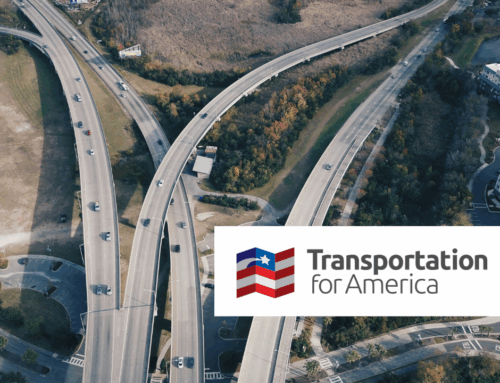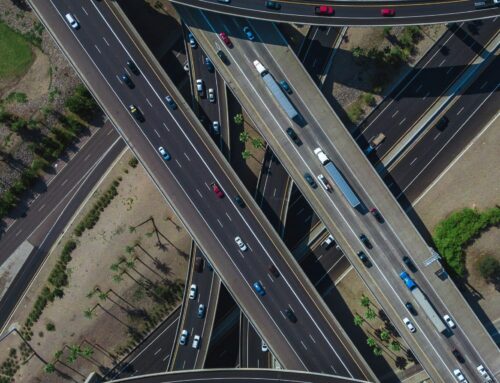View/Download this article in PDF format.
A coalition of local organizations released an alternative to the proposed $700 million Stillwater Bridge replacement. This alternative has the potential to save taxpayers more than $400 million. TCS supports serious consideration of this proposal. The previous bridge was proposed and approved when our annual deficits didn’t exceed $1.6 trillion and out national debt didn’t exceed $14 trillion. Doing more with less is now an imperitive, not an option, and this bridge is a perfect example of the challenges we face as the nation begins to put this idea into practice.
For more on the proposal: www.sensiblestillwaterbridge.org
| For Immediate Release
July 12, 2011 Contact: Erich Zimmermann Taxpayers for Common Sense, a non-partisan national budget watchdog organization, supports serious consideration of the alternative Stillwater Bridge proposal that was released today. This alternative would save taxpayers as much as $400 million. Ms. Ryan Alexander, president of Taxpayers for Common Sense: “The federal government faces a yawning chasm of debt, and the deficit this year alone will surpass $1.6 billion. Never has there been a more critical time to do more with less. The $700 million bridge proposal is too large in scope and too expensive for the nation’s taxpayers. We encourage Minnesota Department of Transportation to take a hard look at this alternative proposal to determine if it can meet the needs of the region’s travelers at a far lower cost to taxpayers.” Of particular concern is that building a $700 million bridge would limit the funds available for the other priorities in Minnesota and Wisconsin. Combined, the two states have nearly 2,300 bridges that are considered deficient and nearly 6 million trips are made across them every day. In addition, nearly half the roads in Minnesota and Wisconsin need additional maintenance to get them back to “good” condition. Building such an expensive bridge across the St. Croix, with the chance of significant cost overruns, would seriously hamper each states’ ability to perform these vital maintenance efforts in as timely a manner as possible, to say nothing of new facilities that may be required to relieve congestion, improve safety, facilitate commerce, and keep the transportation system moving efficiently. |










